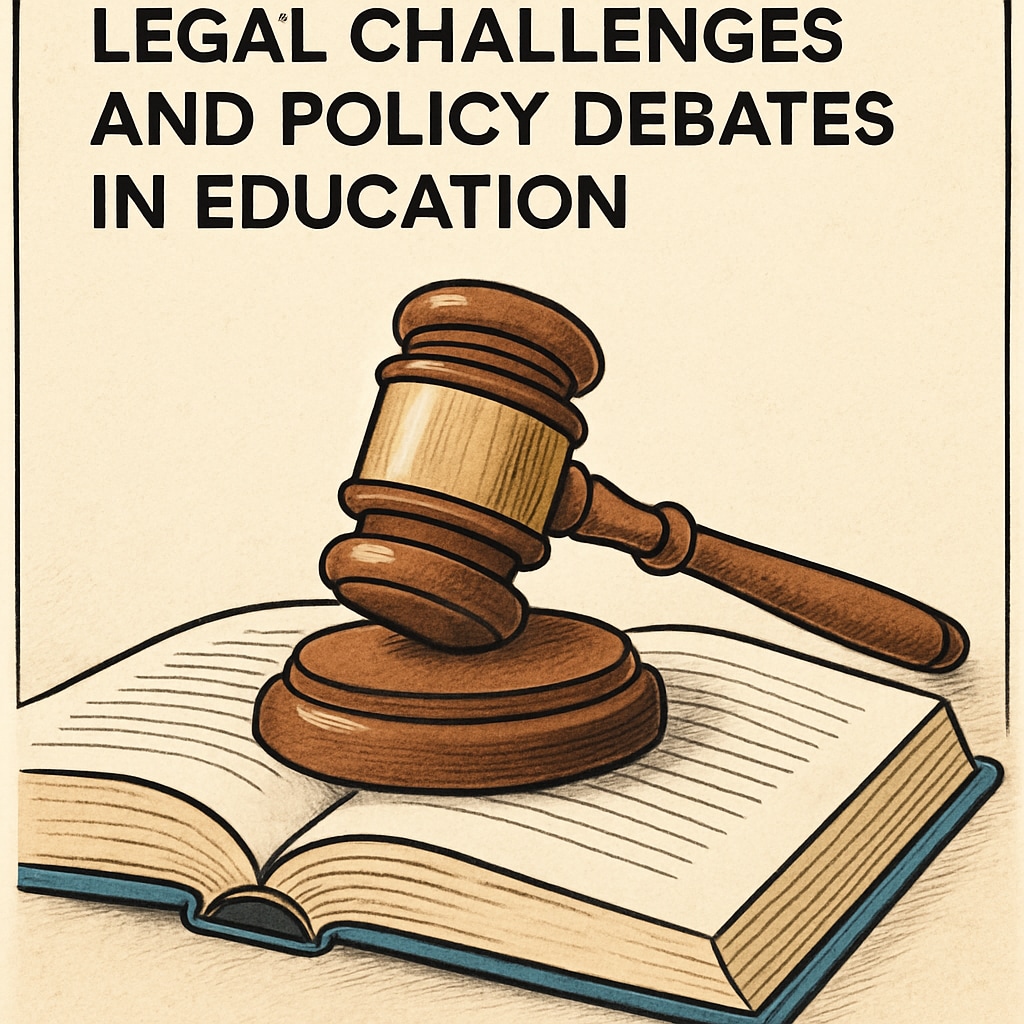In Oklahoma, a new policy has stirred nationwide debate: requiring out-of-state teacher applicants to undergo a political stance test. This controversial measure has prompted discussions about its implications for the state’s K-12 education system and the broader principles of educational neutrality and diversity. Critics argue that the policy risks undermining the quality of education by prioritizing ideological alignment over professional competence. As the education sector grapples with teacher shortages, is this the right direction?
Political Screening: A New Trend in Teacher Recruitment?
Political screening in teacher recruitment is not a common practice, but Oklahoma’s recent decision has brought the concept into the spotlight. The state’s policy reportedly aims to filter applicants based on their ideological leanings to ensure they align with the community’s “values.” Proponents of the measure claim it safeguards students from exposure to potentially “divisive” perspectives. However, critics argue that such a practice could lead to the suppression of diverse viewpoints, which are essential for a well-rounded education.
For example, in the field of social studies, a teacher’s ability to present multiple historical perspectives is crucial for developing critical thinking skills. By focusing on political alignment, this policy may inadvertently exclude qualified educators who could enrich the classroom experience. Notably, education experts have raised concerns about whether this approach violates the principles of academic freedom and educational neutrality.

Impact on Oklahoma’s K-12 Education System
The implications of this policy on Oklahoma’s K-12 education environment are profound. First and foremost, it may exacerbate the ongoing teacher shortage. According to the National Education Association, the U.S. is already facing a significant deficit of qualified educators. By introducing additional barriers like political screening, Oklahoma risks discouraging talented professionals from applying for teaching positions in the state.
Moreover, the policy could lead to a homogenized educational environment where students are exposed only to a narrow set of viewpoints. This approach undermines the foundational goal of education: to prepare students for a diverse and interconnected world. As a result, students may miss out on opportunities to develop critical thinking and empathy—skills that are increasingly valuable in today’s globalized society.
In addition, legal experts have questioned the policy’s constitutionality. The First Amendment of the U.S. Constitution guarantees freedom of speech, which could be interpreted to include the right to hold diverse political beliefs. By requiring teachers to disclose their political stance, Oklahoma may find itself facing legal challenges.

The Importance of Neutrality and Diversity in Education
Neutrality and diversity are cornerstones of effective education. A well-functioning school system should be a microcosm of society, reflecting a range of perspectives and backgrounds. This diversity enriches the learning experience, helping students understand and appreciate different viewpoints.
For instance, in subjects like history, science, and literature, presenting multiple perspectives allows students to engage critically with the material. A teacher’s role is not to impose their beliefs but to facilitate discussions that encourage independent thought. Policies like Oklahoma’s risk turning classrooms into echo chambers, where only one narrative is permitted to thrive.
Furthermore, neutrality in education is essential for maintaining public trust. When schools are perceived as politically biased, they risk alienating parents and communities. This erosion of trust can have long-term consequences, including reduced funding and support for public education systems.
Looking Ahead: Striking a Balance
As Oklahoma moves forward with this policy, it must consider the broader implications for its education system and community. Striking a balance between safeguarding community values and promoting diversity is no easy task, but it is a critical one. Education policymakers should engage with teachers, parents, and experts to ensure that hiring practices prioritize competence and inclusivity over ideological conformity.
In the long term, Oklahoma’s approach could serve as a case study for other states grappling with similar issues. Will this policy lead to improved educational outcomes, or will it stifle the diversity of thought that is so crucial for a thriving democracy? Only time will tell.
Readability guidance: The article uses short paragraphs and includes lists where appropriate. Most sentences are concise, and transitions such as “however,” “in addition,” and “for example” are used to enhance flow. Passive voice is minimized, and the tone remains professional throughout.


